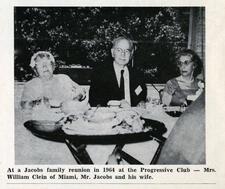Jewish History: Israel
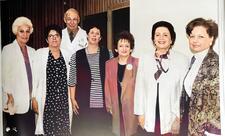
Hadassah: Yishuv to the Present Day
Hadassah, the Women’s Zionist Organization of America (HWZOA) has a lengthy history of activity in the Yishuv and Israel, going back to 1913, about a year after it was founded in New York, and continuing to this day. This activity, outstanding in its scope, continuity, stability, and diversity, encompasses efforts in the sphere of health and medical services and in the welfare of children and youth.

Haganah
Women played many different roles in the operations of the Haganah. Though their stories are frequently excluded from the story of the Jewish paramilitary organization in British Mandate Palestine, women served as caretakers and nurses, as well as fighters and commanders.
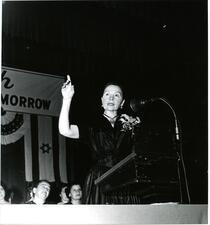
Rose Luria Halprin
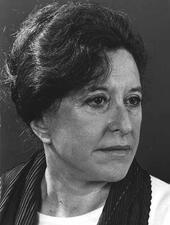
Shulamith Hareven
Born in Poland in 1930, Shulamith Hareven was an Israeli poet, author, essayist, and political activist. From capturing the lingering pain of Holocaust survivors to describing the harsh conditions of Palestinian refugee camps, Hareven used her writing to push Israelis to confront uncomfortable truths.
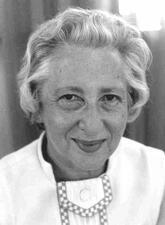
Zena Harman
Zena Harman, diplomat, parliamentarian and social innovator, helped lay the foundation for Israel's advanced network of social services, became one of Israel's foremost diplomats in Israel's formative years, and helped to establish a series of civil society organizations concerned with protecting children's rights, empowering women, and promoting greater civic engagement in public life in Israel.
Sylvia Hassenfeld
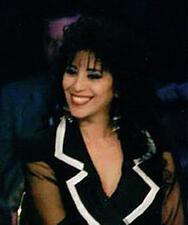
Ofra Haza
Born in Tel Aviv, Ofra Haza was an international singing sensation who performed across Europe, America, and Israel. Known for combining traditional Yemenite music with electronic pop sounds, Haza performed in the film Shlagger and in 1983 she placed second in the Eurovision competition. In 1998 Haza collaborated with many world-renowned artists and performed Naomi Shemer’s “Jerusalem of Gold” at the official ceremony marking Israel’s fiftieth anniversary.
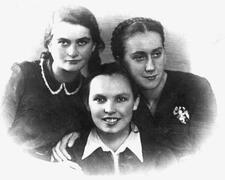
Bela Ya’ari Hazan
On the outbreak of World War II, Bela Hazan escaped her hometown of Rozyszcze, Poland, for Vilna, where she worked as a smuggler for the Dror movement. She was arrested by the Gestapo in 1942 and sent to Auschwitz, where she served as a nurse, then to Ravensbruck, and finally to Leipzig, from which she was liberated. She immigrated to Israel, where she died in 2004.
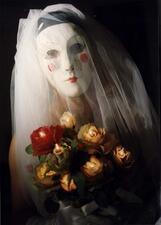
Hebrew Drama: Representation of Women
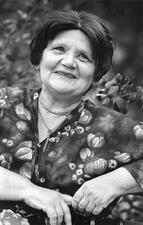
Hebrew Song, 1880-2020
Hebrew song as a whole, including songs of Erez Israel and the State of Israel, is a unique socio-cultural phenomenon that has developed over time. The dawning of Hebrew song can be traced to the period between 1880 and 1903, and it has grown to reflect the diverse aspects of Israeli society since then. The contribution of women to Hebrew songs, in general, has risen steadily over the years.
Judith Hendel
For over fifty years, Israeli author Yehudit Hendel succeeded brilliantly in making a presence of her bold, independent, “other” voice, bringing us face to face, in her own way, with the fragilities of an Israeliness in search of itself.
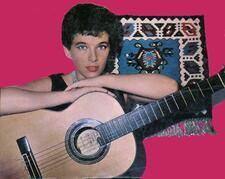
Nechama Hendel
Nechama Hendel is considered one of the foremost singers Israel has ever produced, known for her performances of Jewish folk music, her adaptations of well-known Israeli songs, and her album dedicated entirely to lyrics by the national poet Hayyim Nahman Bialik set to folk tunes and composed melodies. Hendel had an international following and toured the world performing, but she consistently returned to live in Israel and was devoted to Jewish music.
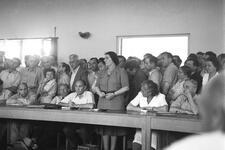
Histadrut
Histadrut (the General Federation of Workers) was founded in 1920 to bring together Jewish workers who had recently arrived in Palestine. Though the organization proclaimed equal treatment and opportunities for women and men workers, the reality was not so simple.
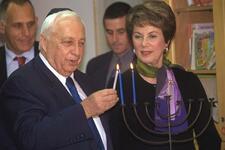
Histadrut Nashim Ivriot (Hebrew Women's Organization)
The Hebrew Women’s Organization was one of the most successful and widespread Zionist women’s organizations to originate in Palestine, rather than North America or Europe. It focused on providing healthcare, social work, and other aid to poor and immigrant women and children across the Yishuv.
Fanny E. Holtzmann
Fanny E. Holtzmann made waves as a lawyer for stars of Broadway and Hollywood as well as luminaries of world politics such as the Romanoffs.
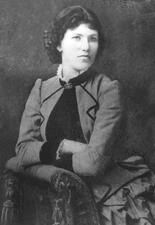
Lea Hurvitz
Lea Beninson Hurvitz’s memoirs document not only her own life but the struggles of other women pioneers of the First Aliyah, whose experiences were rarely discussed.
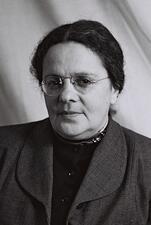
Beba Idelson
Beba Idelson was an Israeli politician and dedicated Zionist activist. She served as a member of the Knesset for sixteen years and was instrumental in shaping the character of the State of Israel, especially as it pertained to women’s rights.
International Council of Jewish Women
The International Council of Jewish Women (ICJW) is a Jewish women's organization established at the beginning of the twentieth century, which evolved with the needs and events over time. As a women’s NGO, ICJW participates in a variety of projects promoting women’s rights and human rights, motivated by its roots in Judaism.
Iraqi Jewish Women
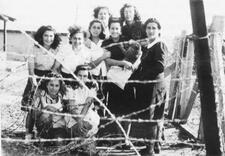
Irgun Zeva'i Le'ummi (I.Z.L.)
The Irgun Zeva’i Le’ummi was a Jewish underground armed organization formed in 1931 to fight British mandatory forces and Palestinian Arabs and their allies in the effort to form a Jewish state. Women were involved in all parts of the organization, from propaganda production and distribution to combat.

Israeli Folk Dance Pioneers in North America
Dance has been an integral element of the Jewish community since biblical times. An intense desire to share the joy of dance, coupled with a strong identification with both Israel and their Jewish roots, spurred a group of influential women to create a flourishing movement of Israeli folk dance in North America. Today, Israeli folk dance enjoys a wider popularity than ever.

Israeli Women's Writing in Hebrew: 1948-2004
Women writers faced many obstacles in the early years of modern Hebrew, but by the end of the twentieth century they had overcome marginalization to become a central part of the country’s literature. The achievements of women’s writing in Hebrew rank among the unquestionable triumphs of Israeli feminism.
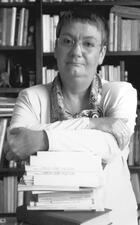
Modern Italy
Jewish women were crucial both to changes in post-emancipation Italian Jewish life and to the overall condition of women in modern Italy. This article reflects on the changes in the role of Jewish women in modern Italy within the Jewish press and institutions, their activism in shaping a secular civil society, and their experiences through the Fascist regime, the trauma of the 1938 Racial laws, emigration, resistance, deportation, survival, and reconstruction.

Dalia Itzik
